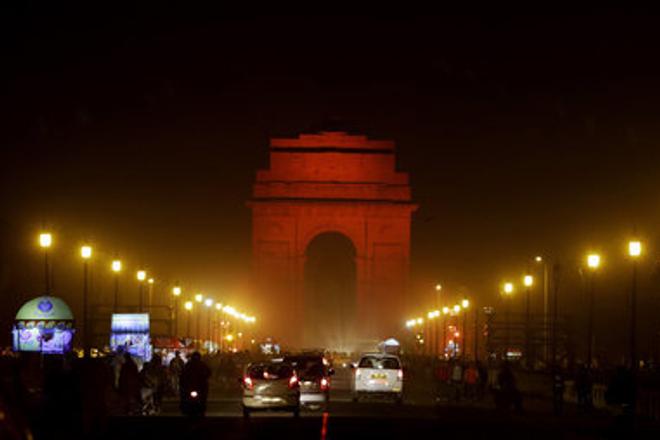This year, Slovakia is also participating in the campaign, called Orange the World!; a new Safe Women’s House opened its doors in the eastern Slovak city of Prešov on the day of the campaign’s launch. Such facilities are much needed, as the latest surveys suggests that about 140,000-230,000 women in Slovakia face some kind of violence every year. About 23 percent of women say they have already been abused by their partners.
The country is still missing a system of prevention and coordinated help for women or other domestic violence victims, the Labour, Social and Family Affairs Ministry said, as quoted by the Pravda daily.
The centre in Prešov is the first of its kind in the Prešov Region. It contains ten family studios with a capacity for 35 women with children – mainly from this region, but also from other areas of Slovakia. There is also one emergency flat for the ability to accommodate a client after an emergency police operation, which was lacking until now in this region. Consultancy rooms and education spaces can be found there as well. Women are estimated to spend about two years here but no pressure will be made on them to leave in order not to increase stress.
The opening was also attended by the Norwegian Ambassador to Slovakia, Inga Magistad, who noted – according to the SITA newswire – that things have been steadily improving since she arrived in the country. State Secretary of Norwegian Foreign Ministry, Elisabeth Tronstad, said that apart from this project, her country has supported several projects worth a total of €12 million. Apart from these resources, Norwegians have also offered equipment, experience and expertise.
The Slovak National Centre for Human Rights (SNSLP) is also participating in the campaign, among other things by wearing the campaign’s colour orange, SNSLP CEO Marian Mesaros told the TASR newswire. He added that on November 25, people from the centre wore orange clothes to show solidarity and support for these women, as well as to bring awareness to the issue.
The reported cases of violence to women are just the tip of the iceberg, the Labour Ministry noted, adding that this year, the lack of a coordinated system of aid and prevention is being compensated for by the National Action Plan 2014-2018, thanks to which consultancy services are boosted. A helpline (0800-212 212) was launched, as well as a coordination-methodical centre for gender-based domestic violence, which coordinates state policy.
Laws have been changed too; the first incidence of violence may be considered a mere transgression but any violent act by the same perpetrator within the following 12 months is qualified as a crime. The perpetrator can be banished from the household not for 48 hours, but up to 10 days. More information on the topic can be found at www.zastavmenasilie.sk.
The crucial issue is, however, a change in the approach of the whole society, the ministry opined as quoted by SITA. It is, ultimately, the indifference and passivity of the social environment that leads to tragedies of women and children.



 India Gate, New Delhi, India, was lit orange to mark the cmapaign against violence on women. (source: AP/TASR)
India Gate, New Delhi, India, was lit orange to mark the cmapaign against violence on women. (source: AP/TASR)